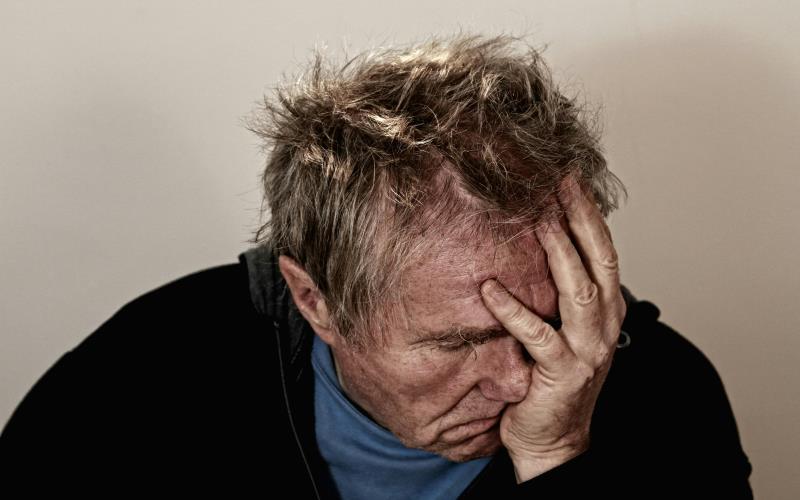5 Signs That Indicate a Drinking Problem

Social drinking is commonly associated with celebrations, gatherings, and relaxation, but it can also lead to more serious consequences for some. When alcohol begins to interfere with daily life, relationships, or responsibilities, it is usually a sign of underlying problems.
Here are five key signs that may indicate a drinking problem.
1. Drinking Becomes a Primary Coping Mechanism
When alcohol becomes the initial choice for addressing depression, anxiety, or stress, it can indicate a negative connection with drinking. Turning to alcohol for solace or escape from the demands of life sometimes results in reliance since it offers momentary consolation without dealing with fundamental problems. This tendency turns into a cycle over time whereby emotional challenges set off the need to drink, and drinking magnifies those challenges over time.
This dependence on alcohol as a coping strategy can also keep you from looking at better approaches to handle difficulties, such as therapy, creating support systems, or pursuing enjoyable and relieving hobbies. Recognizing this shift is critical because it often marks the beginning of a deeper dependency that can worsen if left unchecked.
2. Neglecting Responsibilities Due to Alcohol Consumption
It’s an obvious indication of trouble when drinking becomes more important than obligations at work, at home, or in relationships. Signs that alcohol is interfering with daily life include missing deadlines, showing up late, or skipping obligations. Usually transcending professional responsibilities, this disregard affects personal connections and self-care practices.
Ignoring obligations can have a domino effect that results in damaged relationships, financial problems, and perhaps legal issues. Drinking alcohol to control your priorities can set off a chain reaction that disturbs any aspect of your existence. Acknowledging this tendency is very important since it emphasizes the increasing power alcohol has on decisions and behavior.
3. Experiencing Loss of Control Over Drinking Habits
Another major red flag is an inability to control one’s drinking, even if one intends to stop or reduce consumption. This could mean struggling to cut intake, drinking more than intended, or finding it impossible to miss social occasions where alcohol is present. Loss of control over drinking often results in overindulgence, therefore raising the danger of emotional and physical damage.
This lack of control can also show itself as cravings when the idea of drinking becomes relentless and hard to ignore. It is quite clear that treatment is required if you find yourself unable to control alcohol intake despite understanding its detrimental effects. Reaching out to resources like an alcohol addiction hotline can provide guidance and support as you work to regain control and explore your recovery options.
4. Increasing Tolerance and Withdrawal Symptoms
Drinking more often causes your body to adapt, requiring higher doses to produce the same effects. Since this rise in tolerance indicates that your system is adjusting to alcohol, it is a major warning sign of dependence. Along with tolerance, symptoms include shaking, sweating, irritation, or nausea when not drinking, pointing to a physical reliance. These signs not only show that your body depends on alcohol but also underline the dangers of ongoing use.
Drinking to prevent withdrawal symptoms builds a stronger habit and makes breaking free more difficult without professional support. Early addressing of these indicators helps to avoid the emotional and physical effects of extended alcohol consumption.
5. Strained Relationships and Social Isolation
Alcohol problems often spill into relationships and create tension, conflict, and misinterpretation. Concerns regarding drinking behavior expressed by loved ones could cause defensiveness or denial. This tension can cause a gulf between you and the people closest to you, either isolating you or propelling you more into drinking as a means of escape.
Sometimes, drinking also causes one to retreat from social events outside of drinking circles. This solitude accentuates the reliance since it eliminates the means of encouragement for better behavior. Understanding how drinking affects your relationships is crucial since it emphasizes the broad effects that go beyond just your well-being.
Conclusion
Identifying a drinking problem entails recognizing patterns and behaviors that indicate dependency rather than dismissing them as casual habits. Reclaiming control and discovering better paths forward depends on the early address of these signs.






